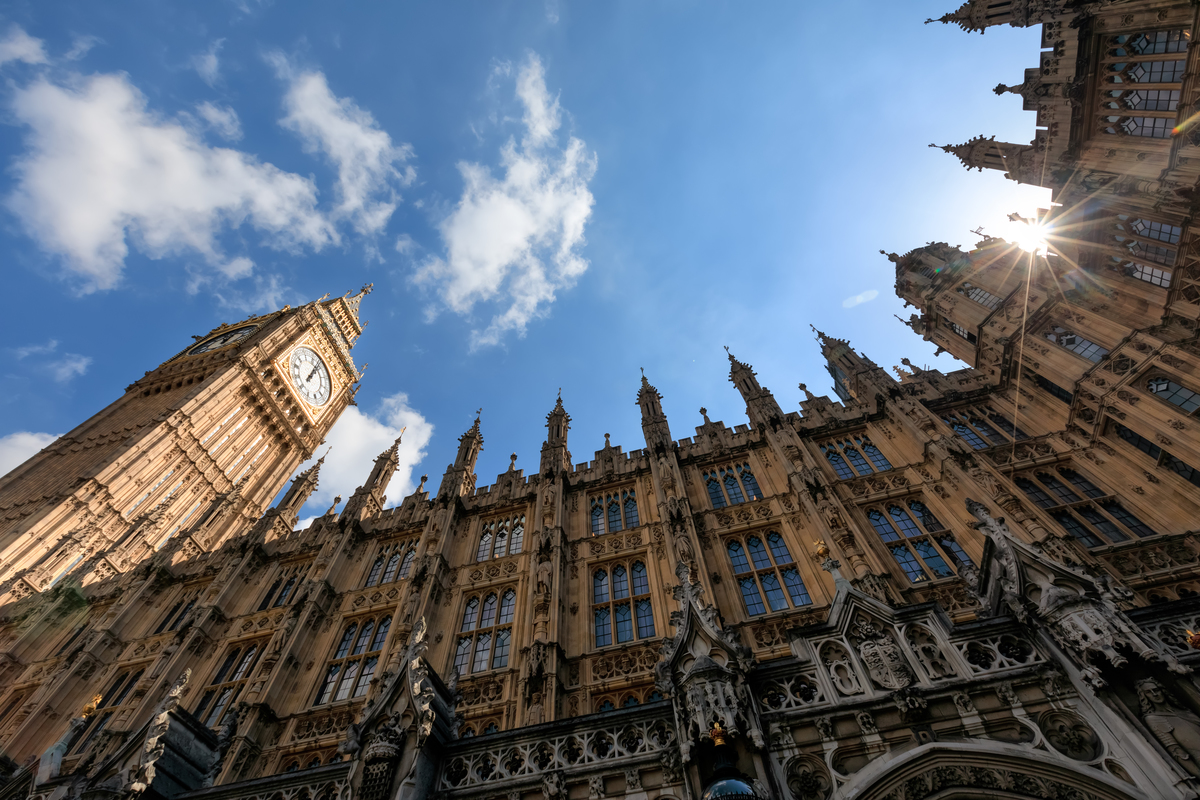Dear visitor,
You're reading 1 of your 3 free news articles this quarter
Register with us for free to get unlimited news, dedicated newsletters, and access to 5 exclusive Premium articles designed to help you stay in the know.
Join the UK's leading credit and lending community in less than 60 seconds.
MPs back Economic Crime Bill
One of the main aims of the Economic Crime Bill is to strengthen authorities’ powers to confiscate unlawfully obtained wealth.

Senior Journalist, covering the Credit Strategy and Turnaround, Restructuring & Insolvency News brands.
The legislation, which was first introduced to parliament last week (1 March), was passed last night (7 March). The bill will help the National Crime Agency prevent foreign owners from laundering their money in UK property - ensuring more corrupt oligarchs can be handed an Unexplained Wealth Order.
It will also see the development of a new register that will require anonymous foreign owners of UK property to reveal their real identities, ensuring criminals can’t hide behind secretive chains of shell companies.
Additionally, it’s designed to increase transparency of who owns property in Britain, strengthen authorities’ powers to confiscate unlawfully obtained wealth, and make it easier to prosecute people for breaching sanctions.
The new register of foreign owners of UK property, which will be held by Companies House, will cover property bought in England and Wales since the start of 1999. According to the Institute for Government, these dates were chosen because they’re the earliest dates on which land registrars in each country started to collect information about ownership by overseas entities.
Overseas entities will also be required to reveal who their “beneficial owners” are, with this information being verified by Companies House. The bill defines a beneficial owner as someone who owns more than 25% of the share of voting rights, right to appoint or remove directors or otherwise exert significant control over the company.
An aspect of the bill that has drawn criticism from some in parliament is the fact that overseas entities will be given 18 months from the date the act comes into force to register their beneficial owners. The criticism, coming from transparency campaigners and the Labour party, point out the length of time runs the risk of huge capital flight before authorities can identify the owners of assets.
At Prime Minister’s Questions last week, Labour leader Sir Keir Stramer said this 18 month window is “far too long for the Ukrainian people”. He added: “Why are we giving Putin’s cronies 18 months to quietly launder their money out of the UK property and into another safe haven?”
According to the Institute for Government, the bill leaves open the possibility that companies that hold UK property could hide the true owner by claiming they have no beneficial owner. As well as this, there are concerns the legislation will allow individuals to hide their ownership of companies through nominee agreements with professional services firms.
In order to address the problem of capital flight, backbench MPs tabled two amendments. Clause 28, put forward by the likes of Labour MPs Chris Bryant, Dame Margaret Hodge as well as Conservatives Andrew Mitchell and Tom Tugendhat, would see the development of an interim freezing order to prevent the risk of a subsequent recovery order being frustrated.
According to the Policy Exchange, the aim of this clause was to avoid capital flight before sanctions were implemented. However this would have proven to be an unwieldy power because it combines the idea of unexplained wealth orders with the idea of sanctions.
The second amendment, Clause 29, was also tabled by Dame Hodge, Bryant and Mitchell, as well as Conservative David Davis and Liberal Democrat Layla Moran. The clause would have empowered a secretary of state to publish the name of a person being considered as a subject for sanctions, which would have been immediately imposed on that person a duty not to sell any assets they own.
Its intention, like Clause 28, was to freeze the assets of persons who may later be the subject of sanctions.
Both these amendments were ultimately voted down in the Commons yesterday.
Overall, the bill achieved widespread support from opposition parties. However, many MPs were unhappy about the loopholes in the text. In yesterday’s (7 March) debate, Labour’s shadow minister for business and communities Seema Malhotra said the bill will be “implemented too slowly and with serious loopholes”.
Speaking in the Commons, she added the “registration of overseas entities establishes a public register of beneficial owners of foreign entities that own or buy land in the UK. Far too many corrupt individuals are currently hiding their identity behind a foreign company.
“Under the bill, a foreign entity need only annually update its entry on the register. We are concerned that that gives the opportunity to register an entity in a non-controversial individual’s name, change the beneficial owner the following day and have 12 months before having to declare the change, by which time property can be sold and money laundered without a record.”
Stay up-to-date with the latest articles from the Credit Strategy team
Get the latest industry news





